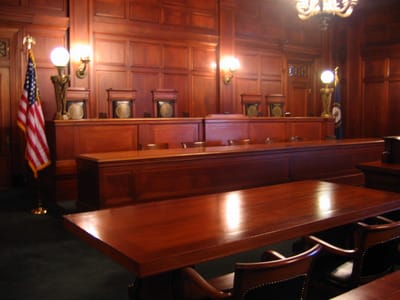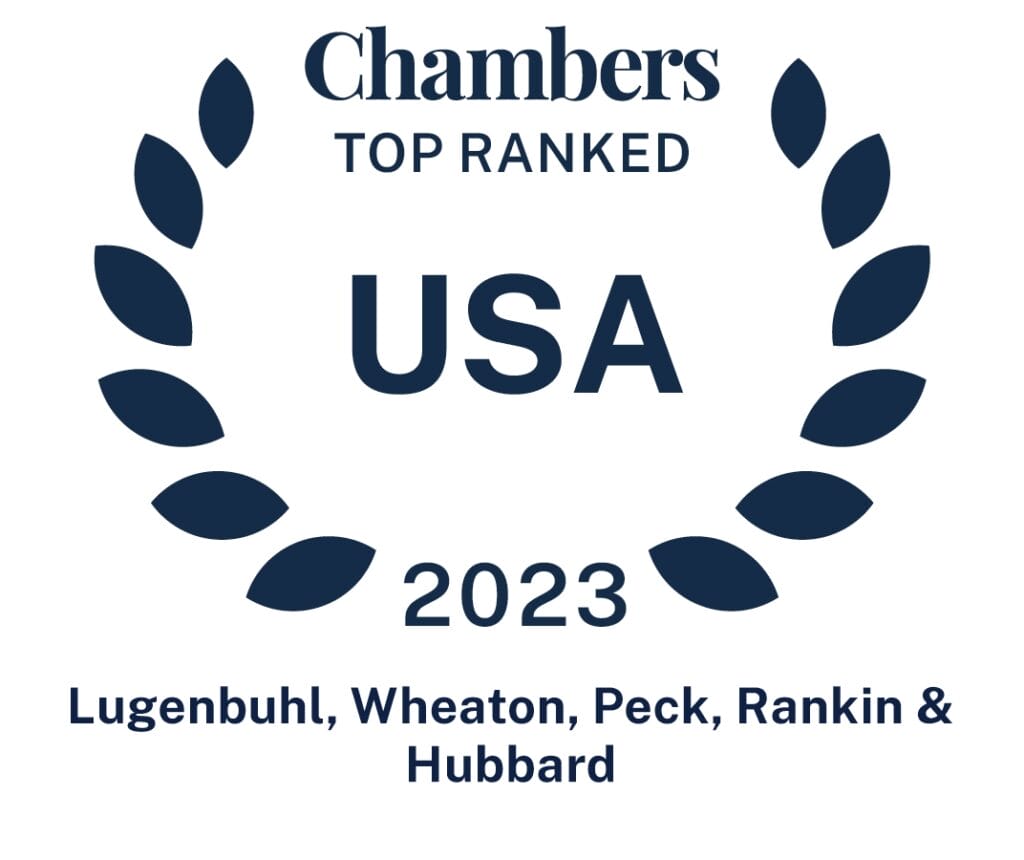New Prime’s mandatory arbitration clause in its contract with Mr. Oliveira – an interstate truck driver who New Prime contended was an independent contractor and not an employee – is therefore outside the scope of the FAA, so New Prime cannot compel Oliveira to arbitrate. This brings up the question of whether this new decision will affect the enforceability of arbitration clauses in oilfield master service contracts or blanket time charters.
Although the Supreme Court has now held that §1 of the FAA excludes contracts with certain independent contractors from the scope of the Act, that does not mean that all arbitration provisions in such contracts are void and unenforceable. As Judge Easterbrook observed in a seaman’s employment case decided almost 10 years ago, although the FAA may not apply, the arbitration provisions may be still be enforceable under applicable state law.
When a contract is covered by the federal Act, states are forbidden to interfere with the parties’ agreement (save on a ground, such as the need for a signed writing, applicable to any contract, see 9 U.S.C. § 2), but that, when a contract is not covered by the federal Act, states are free to favor, disfavor, or even ban arbitration. At least two courts of appeals have reached this conclusion, rejecting the argument that exceptions to the federal Act preempt state law. See Palcko v. Airborne Express, Inc., 372 F.3d 588, 595–96 (3d Cir.2004); Davis v. EGL Eagle Global Logistics, L.P., 243 Fed.Appx. 39, 44 (5th Cir.2007) (nonprecedential disposition). And this court has held that the limited scope of a federal enactment does not preempt state legislation on subjects that Congress has chosen not to regulate. See, e.g., Amanda Acquisition Corp. v. Universal Foods Corp., 877 F.2d 496 (7th Cir.1989); Joliet v. New West, L.P., 562 F.3d 830 (7th Cir.2009). This means, we concluded in Omni Tech Corp. v. MPC Solutions Sales, LLC, 432 F.3d 797 (7th Cir.2005), that provisions for alternative dispute resolution may be enforced as contracts under state law, even if the provisions are outside the Federal Arbitration Act’s scope. See also Hall Street Associates, L.L.C. v. Mattel, Inc., 552 U.S. 576, 128 S.Ct. 1396, 1406–07, 170 L.Ed.2d 254 (2008) (agreements that differ from the federal Act’s rules may be enforced as contracts, though not under the Act’s procedures).
Sherwood v. Marquette Transp. Co., LLC 587 F3d 841, at 842-43 (7th Cir. 2009).
Many states have passed legislation authorizing enforcement of arbitration provisions while forbidding arbitration in specific types of claims. For example, see Texas Civil Practice and Remedies Code §171.001, et seq; Louisiana Revised Statute 9:4201, et seq.
Some state acts are more “arbitration friendly” than others, which leads to the question of whether the parties can adopt a favorable state’s law on that issue. The validity of a contract’s choice-of-law provision will likely turn upon the choice-of-law analysis for the forum, the contacts of the parties with the forum, the location of the work and the public policy reasons underlying the arbitration statute that would apply in the absence of the contract’s choice.
Potentially complicating matters, under the FAA, the arbitration provision in a contract is treated as a separate agreement of the parties. A general choice-of-law provision is not viewed as applying to the agreement to arbitrate disputes (unless it expressly states that it does), and state law governs the substantive issues of the remainder of the contract.
Therefore, a contract provision that selects a particular state’s law to govern the contract as a whole, without more, is ordinarily not sufficient to trump the applicability of the FAA to the contract’s arbitration obligation and preemption of the state law identified in the general choice of law provision. Prima Paint Corp. v. Flood & Conklin Mfg. Co., 388 U.S. 395 (1967); Buckeye Check Cashing, Inc. v. Cardegna, 546 U.S. 440 (2006) (affirming Prima Paint). Of course, in this context, the case law concerning the FAA may not apply at all, since such employment contracts are excluded from its scope under the Supreme Court’s new decision.
Lugenbuhl will continue to review this decision and its implications. In the meantime, companies which employ independent contractors are encouraged to consider the application of New Prime to their own circumstances and to plan accordingly if a contract’s arbitration clause may be unenforceable under the FAA following New Prime.
Both based in New Orleans, Todd Crawford’s law practice includes general maritime law matters, and David Sharpe focuses on risk management in the marine service market. Lugenbuhl’s admiralty & maritime law group provides its clients in the onshore and offshore oilfield-service and alternative energy sectors with a wide range of services. More information about the firm’s admiralty & maritime practice is available here.





